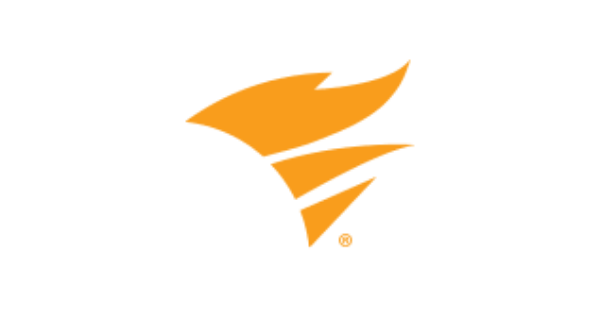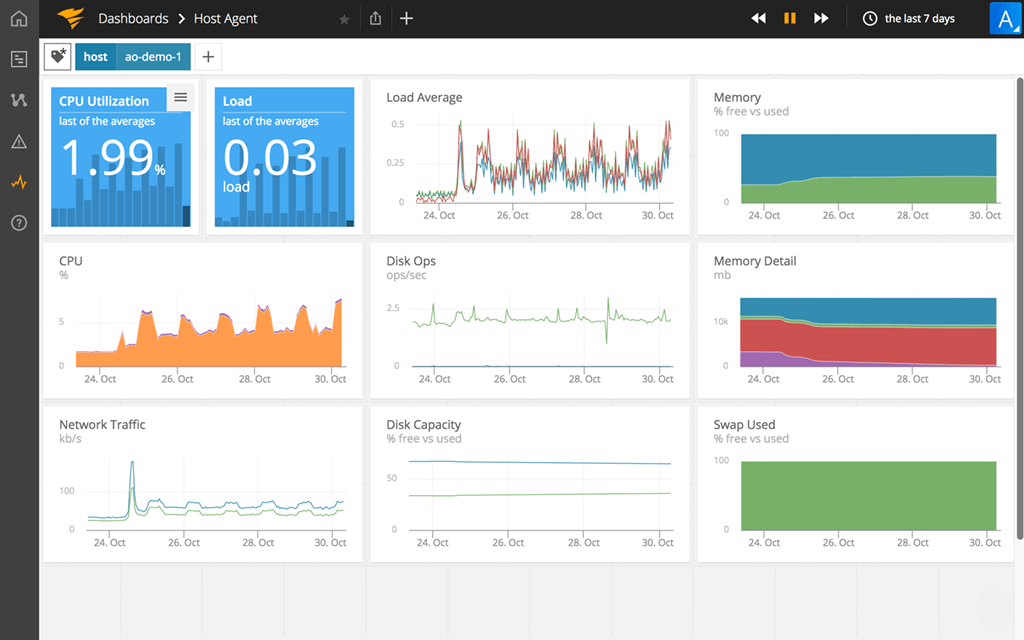
It immediately became evident that the Serv-U process would make stealthy, reliable exploitation attempts simple to accomplish. Although the intel contained useful indicators, it lacked the exploit in question, so our team set out to reconstruct the exploit, which required to first find and understand the new vulnerability in the Serv-U SSH-related code.Īs we knew this was a remote, pre-auth vulnerability, we quickly constructed a fuzzer focused on the pre-auth portions of the SSH handshake and noticed that the service captured and passed all access violations without terminating the process. In early July, MSTIC provided our team with data that seemed to indicate exploit behavior against a newly-discovered vulnerability in the SolarWinds Serv-U FTP server’s SSH component. We do this by leveraging our knowledge of attacker techniques and processes to build and improve protections in Windows and Azure through reverse engineering, attack creation and replication, vulnerability research, and intelligence sharing. Our team’s remit is to make computing safer.

This analysis was conducted by the Microsoft Offensive Research & Security Engineering team, a focused group tasked with supporting teams like MSTIC with exploit development expertise. In this blog, we share technical information about the vulnerability, tracked as CVE-2021-35211, that we shared with SolarWinds, who promptly released security updates to fix the vulnerability and mitigate the attacks.

The Microsoft Threat Intelligence Center (MSTIC) attributed the attack with high confidence to DEV-0322, a group operating out of China, based on observed victimology, tactics, and procedures. Several weeks ago, Microsoft detected a 0-day remote code execution exploit being used to attack the SolarWinds Serv-U FTP software in limited and targeted attacks. SSO solution: Secure app access with single sign-on.


App & email security App & email security.


 0 kommentar(er)
0 kommentar(er)
